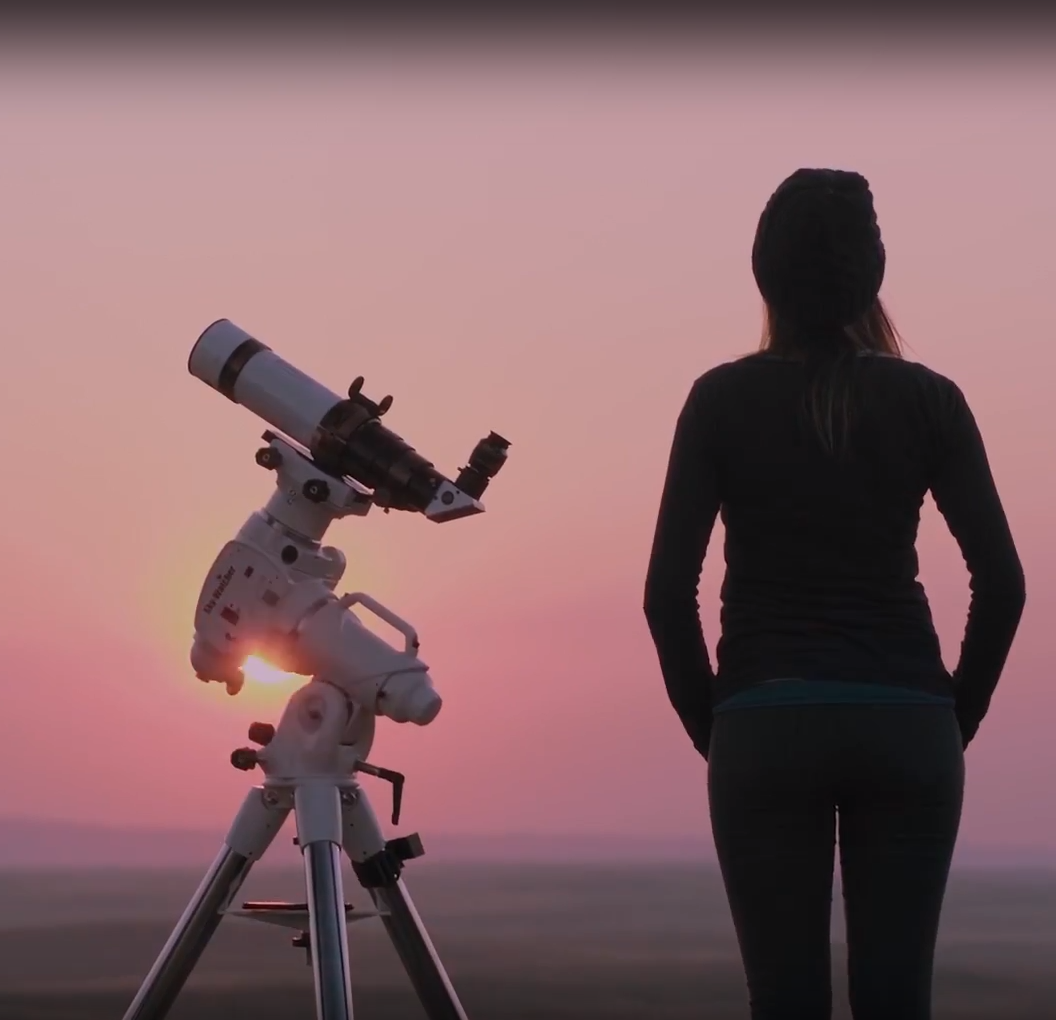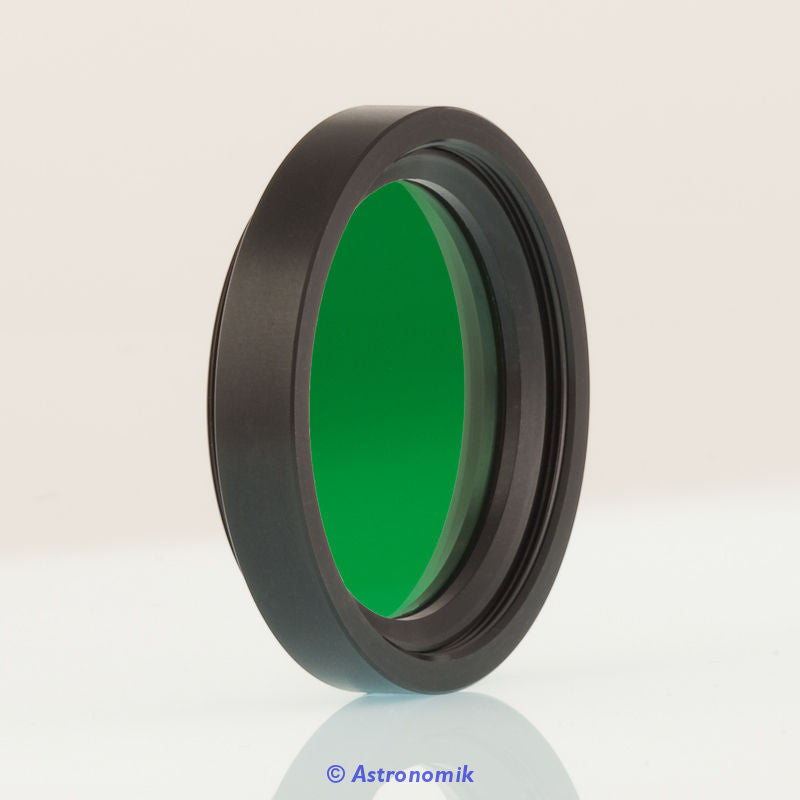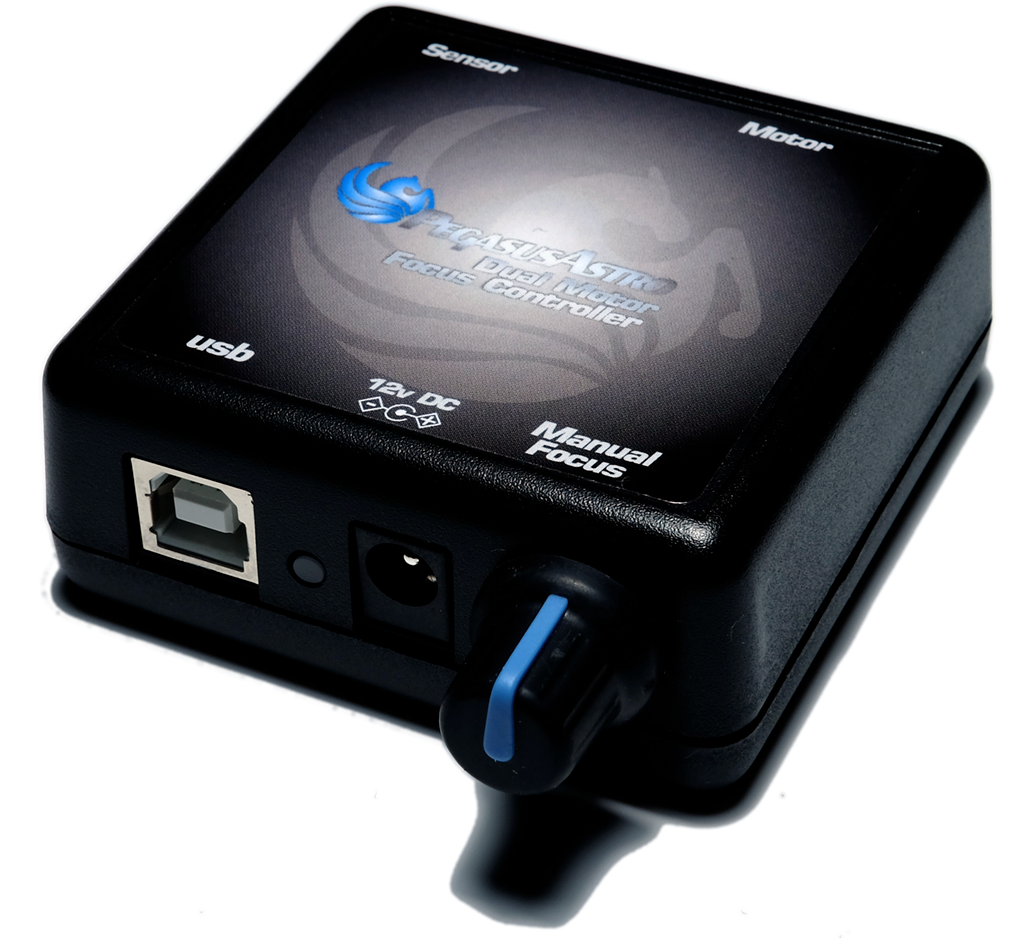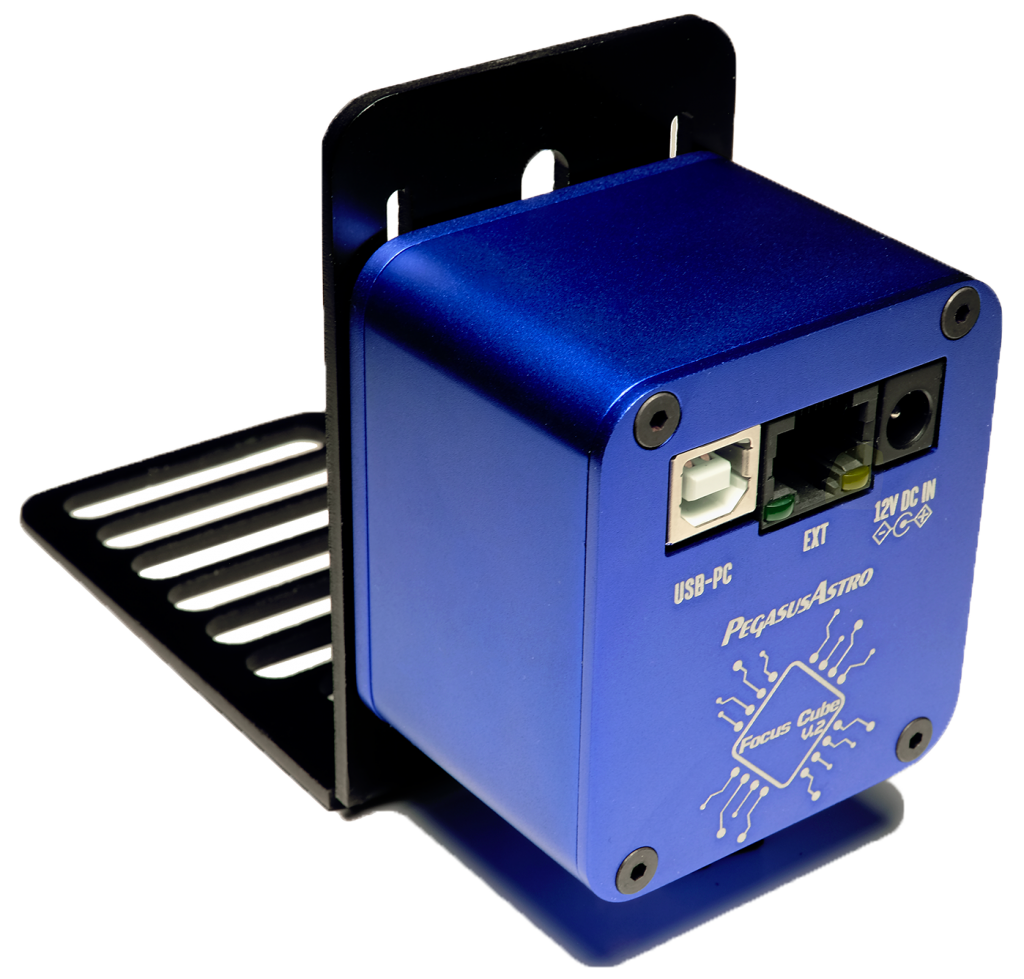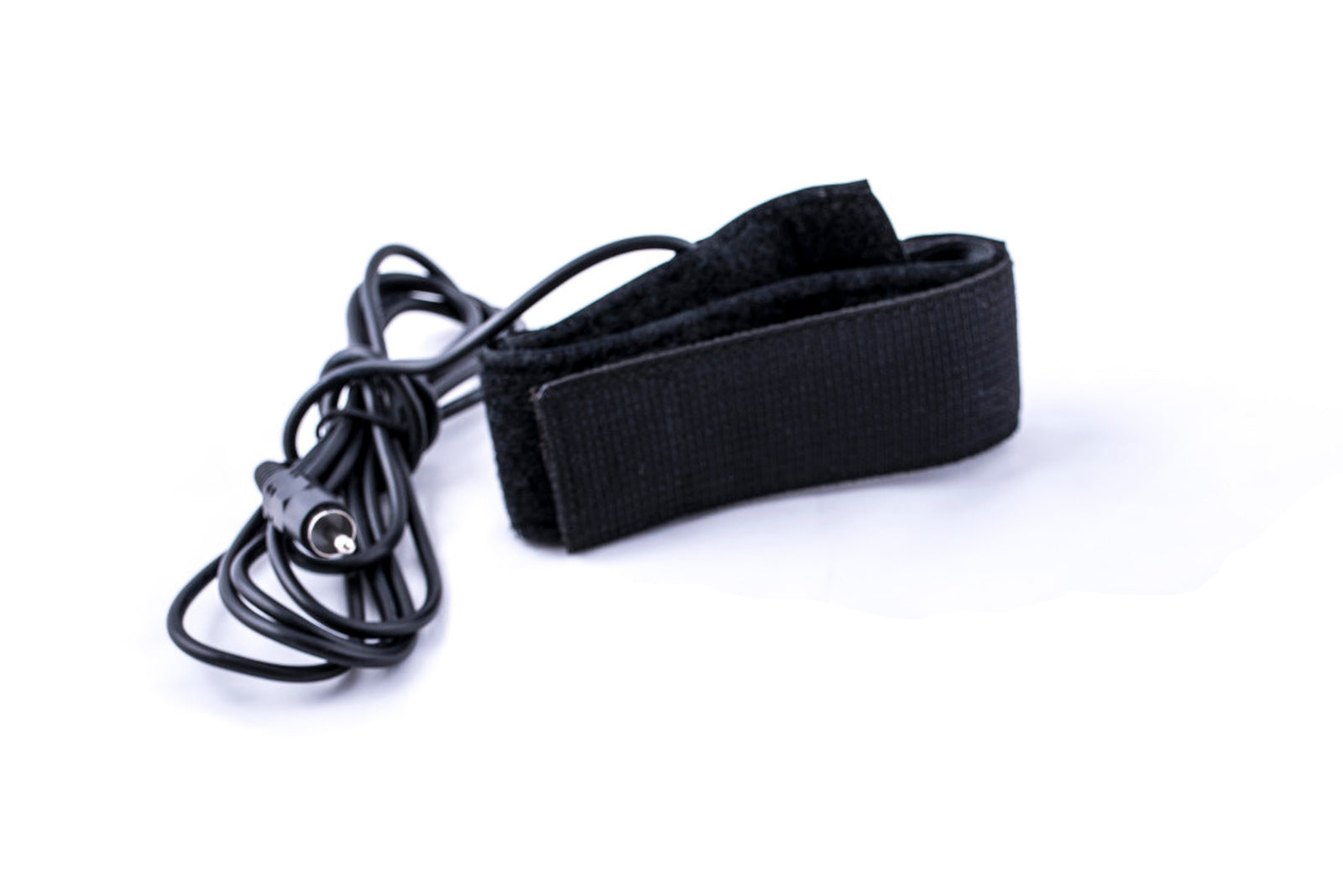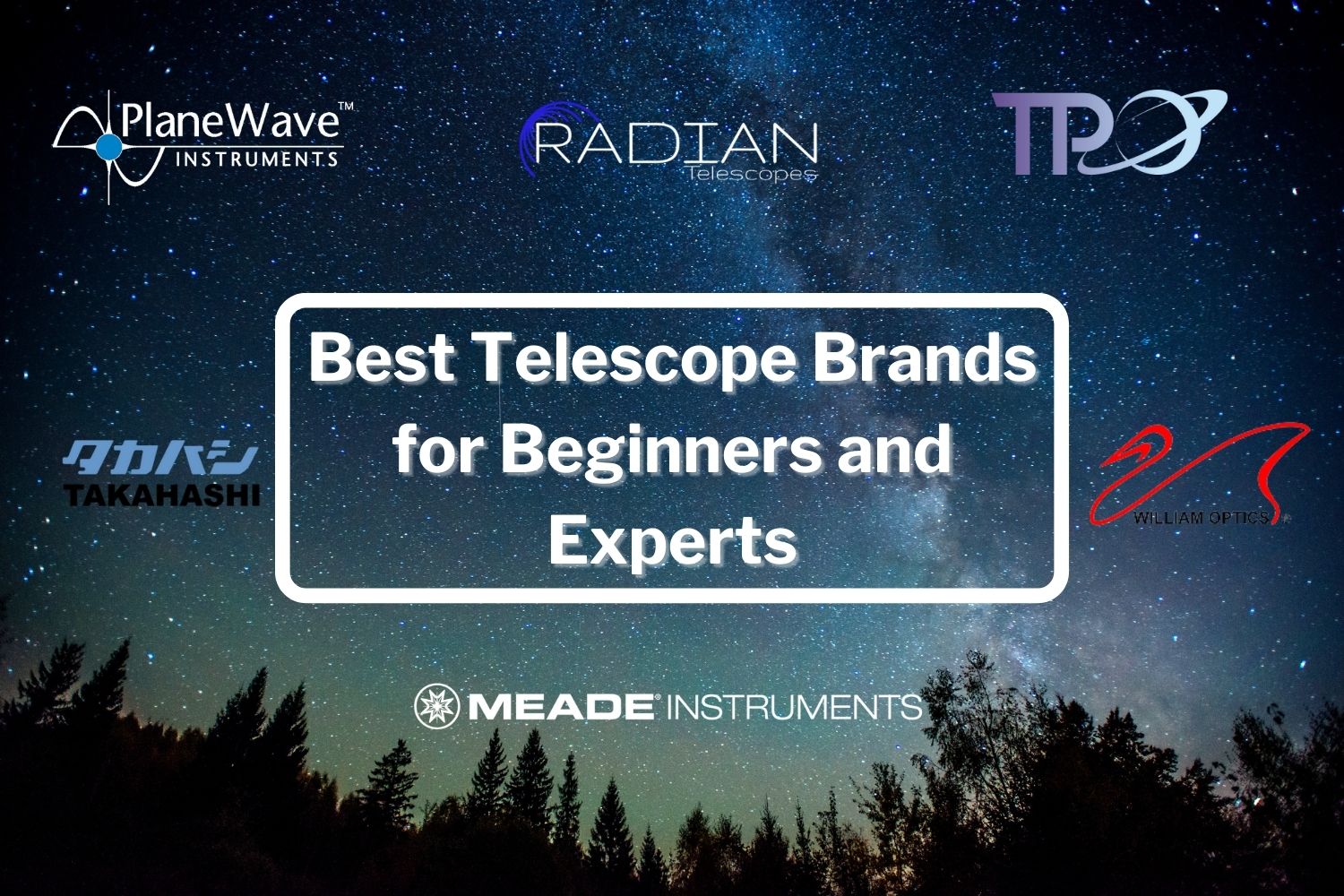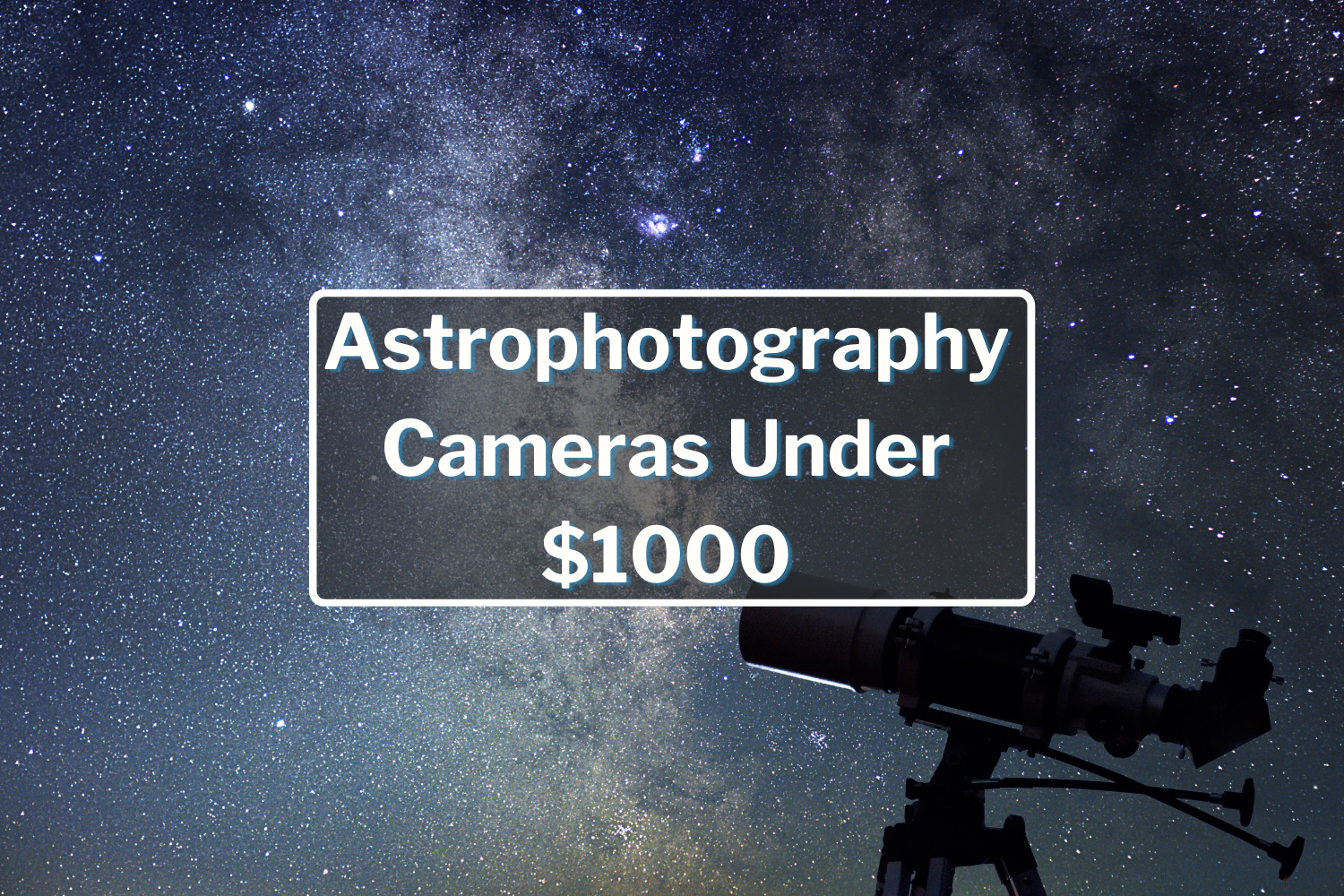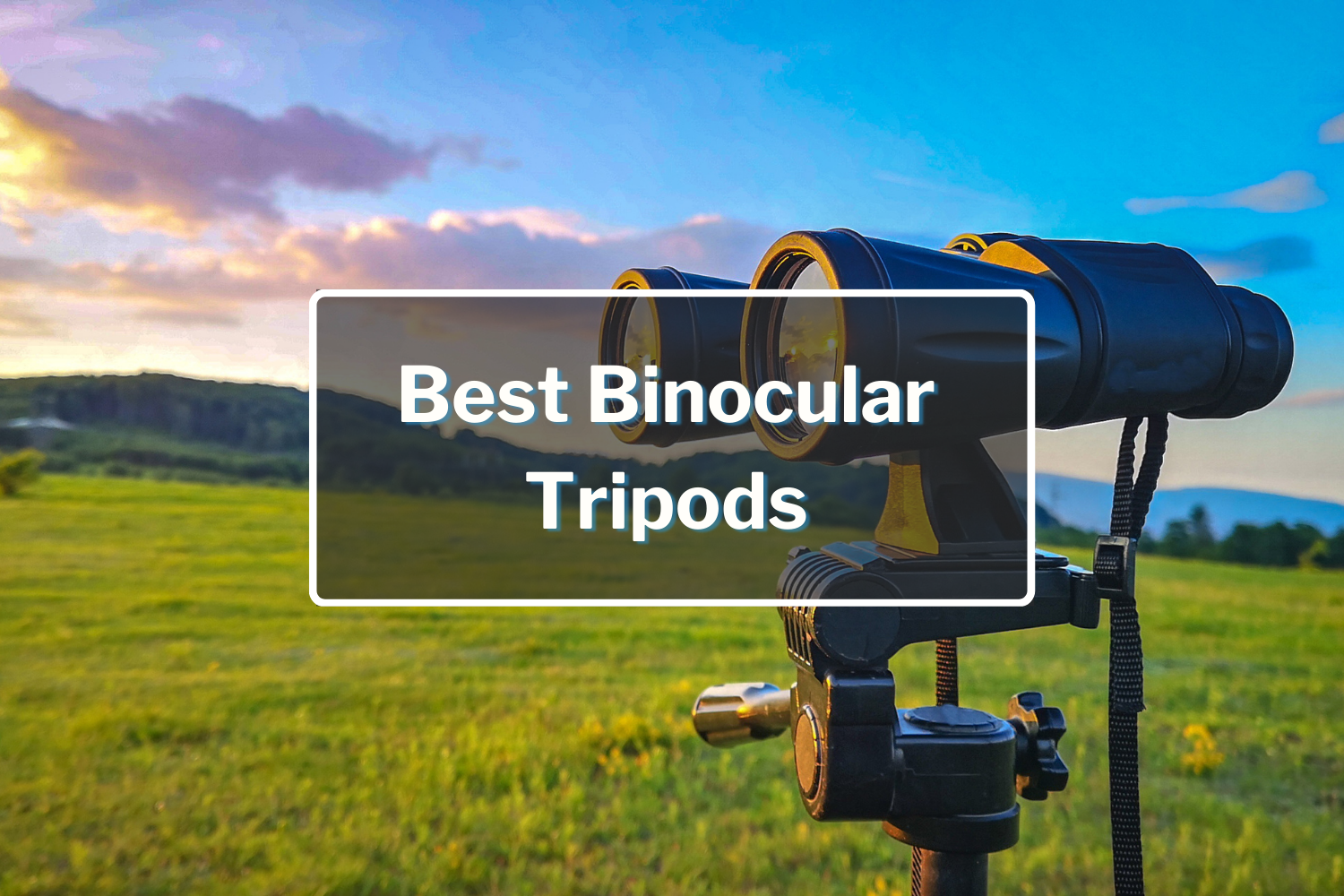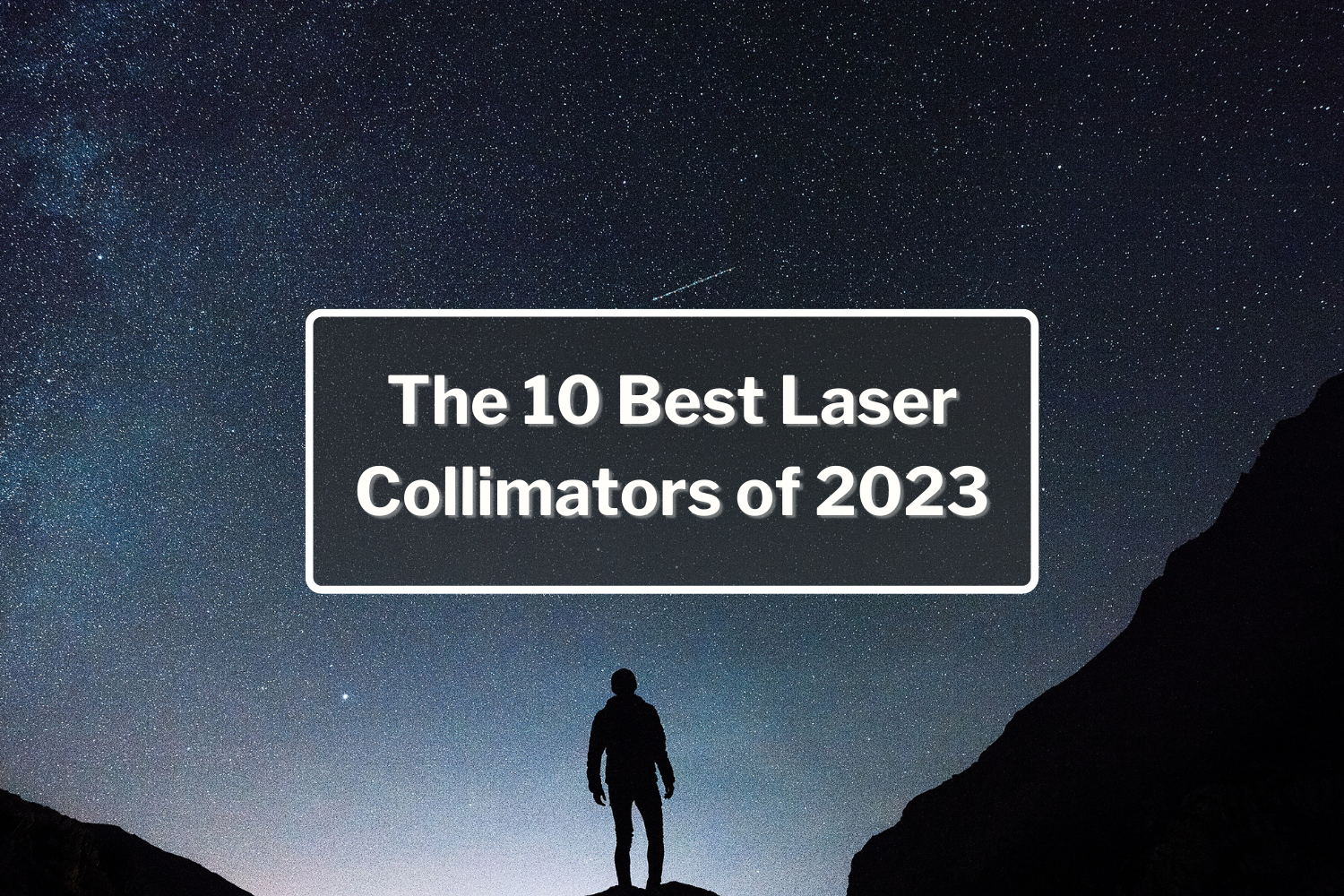Best Telescopes Under $100
If you’re new to astronomy, you may not want to invest right away in expensive gear with a steep learning curve. But buying a quality telescope to start exploring the night sky doesn’t have to break your budget. Whether you’re a beginning astronomer or a parent looking for the perfect starter scope for young observers, today’s best telescopes for beginners combine quality optics, ease of use, and quick access to a world of information about the wonders of the night sky — all for less than $100.
These inexpensive telescopes are designed by Celestron, one of the world’s leading telescope manufacturers, with the support of working professionals in the field, and they aim to give everyone the best possible viewing experience at an affordable price.
The best telescopes under $100 for beginning astronomers of all ages offer quality performance and sharp imaging for viewing the moon and solar system objects as well as more distant deep-sky objects. They’re portable and require little or no setup, so you can start your viewing journey right away in your backyard or while on an excursion in search of dark skies.
Most of these budget scopes also include apps or software with detailed information about the night sky objects you want to view, so it’s easy to expand your knowledge of astronomy as you observe. And while these telescopes are ideal for cost-conscious beginners, their quality optics and construction can appeal to more advanced users on a budget too.
Choosing the Best Telescope Under $100
Today’s best starter telescopes for beginners on a budget come with all the accessories and information you need to make the most of your viewing – or to introduce older children to the world of stargazing. Here are a few things to look for when you’re looking for a high-quality but low-cost telescope:
- Many starter telescopes are lightweight and compact, so you can easily take them along on a camping trip or other viewing excursion. Some come with a custom backpack or carrying case, with room for eyepieces or other accessories.
- For quality viewing, you’ll need a sturdy base that resists shaking or other movements. Choose from photographic tripods with adjustable aluminum legs or a Dobsonian base that sits on a tabletop or other flat surfaces — a plus for young kids.
- Resources for learning. The best budget telescopes for beginners also come with resources for making the most of your viewing experience. Smartphone apps, software, downloadable eBooks, and other materials can enrich observing sessions with information about the celestial objects in view, and help you locate and focus on them with pinpoint accuracy.
- Easy setup. Inexpensive telescopes designed with beginners in mind don’t require much if any setup other than adding eyepieces or adjusting a tripod. They’re made for easy viewing right from the start, and they’re easy to put away and store. Some compact Dobsonian telescopes even make an attractive addition to a desk or bookshelf.
Top Telescopes Under $100 for Convenience, Value, and Price
Here’s our list of the three best telescopes that cost less than $100 but deliver the quality of considerably more expensive models. They’re beginner and kid-friendly, and they make it easy to start exploring the stars almost as soon as you open the box.

Celestron Cometron FirstScope 76 Telescope ($64.95)
The Celestron Cometron FirstScope 76 Telescope allows new astronomers to observe comets, the moon, and many other celestial objects. Weighing a little over 4 pounds, this compact Newtonian reflector telescope is lightweight and portable for travel, and its Dobsonian tabletop base keeps it both stable and stylish. The Celestron Cometron FirstScope has an Alt-Azimuth one-arm mount and comes in a complete kit with a finderscope and two Kellner eyepieces. The kit also includes a download for Celestron’s Starry Night Basic Edition software for locating and learning more about night sky objects.
Pros:
- Great for beginners
- Lightweight and portable
- Easy to use right out of the box
- Includes optional software to accompany viewing
Cons:
- Dobsonian base requires a table or other standing flat surface
- Can’t be used with a tripod

Celestron Travel Scope 50 Portable Telescope ($74.95)
The Celestron Travel Scope 50 Portable Telescope is made for travel to any viewing location. This Achromatic refractor telescope has a 50mm aperture with coated glass optical elements for clear and crisp images. It includes a finderscope, two eyepieces, and an erect image diagonal for orienting images correctly. The Celestron Travel Scope 50 comes with an Alt-AZ mount and a photographic tripod for stable viewing of both celestial and terrestrial objects. The kit includes a custom backpack for storing and carrying both telescope and tripod.
Pros:
- Compact and portable for travel
- Easy, tool-free setup
- Good starter telescope for beginners of all ages
- Includes TheSky X First Light on CD-ROM for learning about the night sky
Cons:
- The tripod is very prone to vibration

Celestron FirstScope Signature Series Moon by Robert Reeves ($71.95)
The Celestron FirstScope Signature Series Moon by Robert Reeves is an ideal entry-level telescope that’s ready to use right out of the box. This lightweight Newtonian reflector telescope features a Dobsonian base and Alt/AZ mount for stability and easy viewing. The Celestron FirstScope Signature Series Moon is one of several entries in Celestron’s Signature Series, and it features the work of acclaimed lunar imager and astrophotographer Robert Reeves. The telescope comes with a custom wrap highlighting 10 well-known lunar features, plus Reeve’s Lunar Landscape eBook detailing the moon’s natural history and other intriguing facts about our nearest celestial neighbor.
Pros:
- Lightweight and portable for “grab and go” travel to viewing locations anywhere
- Easy to set up and use, no tools required
- Good starter telescope for all ages
- Excellent introduction to lunar observation
Cons:
- Focuser can be hard to adjust
- May need to upgrade eyepieces
If you have any questions about purchasing a telescope or need to know more, please contact us. The OPTeam will be glad to steer you toward the best possible telescope for your journey into the world of astronomy. Happy stargazing!


